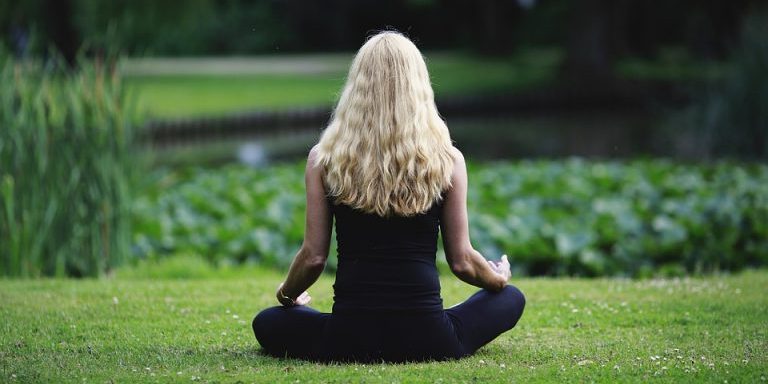
**If You Feel It’s Not Working Out, It Doesn’t Mean There’s No Possibility**
Starting a journey to enhance mental and physical well-being can often seem overwhelming. It’s a route filled with numerous trials and uncertainties. For the last four years, I have been navigating this path, employing strategies like cognitive-behavioral therapy, meditation, yoga, and physical exercise. Though the journey is complex, notable advancements are certainly achievable.
One pivotal practice I’ve embraced is meditation. Even with its numerous scientifically-supported advantages, initiating meditation can be challenging, particularly if you’re not in an ideal mental state. It’s easy to lose motivation when you can’t reach the immediate tranquility that meditation is frequently linked with. However, it’s essential to keep in mind that meditation is a deeply personal experience, and a universal method does not exist. If it doesn’t resonate right away, it should not be viewed as a personal failure; it’s merely an invitation for exploration and self-acceptance.
**Cultivate Self-Acceptance and Mindfulness**
Before engaging in meditation, it’s vital to be open to self-acceptance and mindfulness concepts. Meditation necessitates a mindset that is prepared to forgive and embrace oneself. It’s not unusual to perceive these ideas as idealistic or out of reach, especially if you’ve come from backgrounds where uniqueness was discouraged. Much like myself, you might have absorbed judgments and fears from your past, establishing barriers to genuinely welcoming positivity.
Participating in self-reflection can reveal hidden hurdles that obstruct your meditation practice. Recognizing these hurdles, acknowledging their presence, and striving to release them can greatly enrich your meditation journey.
**Explore and Discover Your Technique**
It’s important to understand that not every meditation method will resonate with every individual. Personal exploration is crucial to determine what aligns best with you. Approaches such as guided meditations, visualization techniques, body scans, sound therapy, and others might hold the key to unlocking your meditation practice. Remember, the variety in meditation techniques is what enables each person to find what works for them.
**Meditation as a Skillset**
View meditation as a skill that can be refined through practice. Think of it like mastering a new language or learning a musical instrument — all these require patience, perseverance, and regular practice. Meditation is no exception. At first, it demands concentration and may seem mentally daunting. Over time, as you consistently engage in practice, even amidst distractions, it evolves into a less daunting and more rewarding experience.
In the end, meditation represents a journey of personal evolution. Approach it with patience, embrace the distinct journey it will lead you on, and keep in mind that every step, even those perceived as challenges, is a progression in your personal growth.